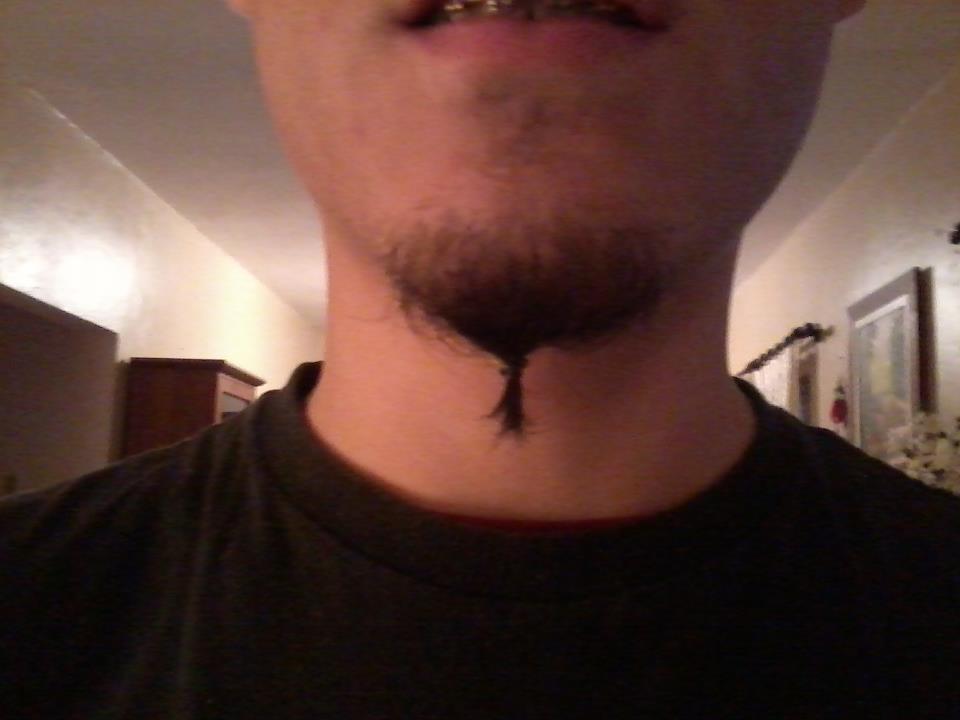An important part of learning a language comes when you’re acquainted with the concept of polysemy, i.e. that one word may have many meanings. This not only gives you a bigger understanding of the language, but it also helps you become more vigilant every time you encounter a familiar word in a foreign context. All natural languages have these processes at work, so while it may not expected at first, it ends being normal eventually as we go along in our language learning.
[a] Pera in one such word; the most common meaning is that of pear, the edible fruit of the pear tree (in Portuguese, [a] pereira). A special cultivar of pear grown in Portugal (mainly in the West region, between Figueira da Foz and the Lisbon Peninsula) is known as [a] pera rocha ([a] rocha, Portuguese for rock, is also a common surname; this type of pear was first cultivated in the orchards of a man from Sintra named Pedro António Rocha in the early nineteenth century). Brazilians call this kind of pear [a] pera-portuguesa. [1]





